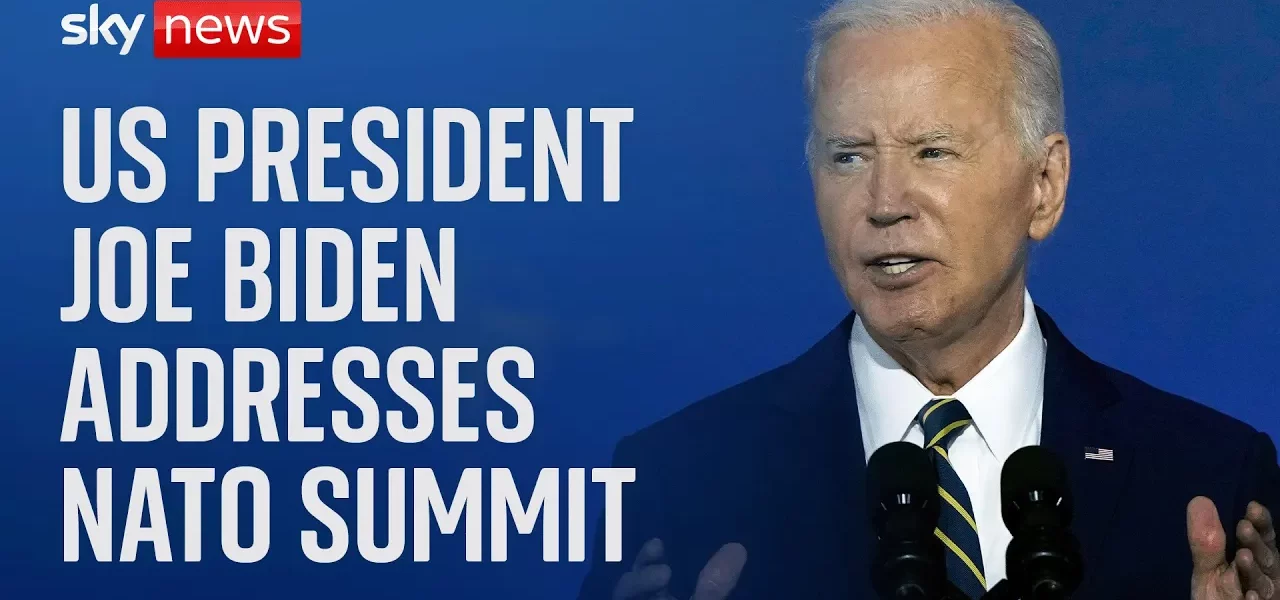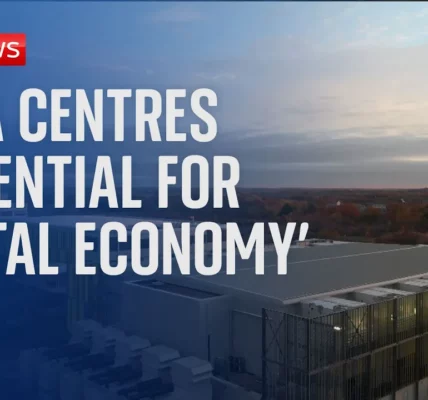NATO Summit 2024: A Historic Reflection and Future Commitment

Welcome to a comprehensive analysis of the NATO Summit 2024, where leaders from around the world gathered to reflect on the alliance’s historic achievements, review its role in global security, and outline future commitments to maintain peace and democracy.
Introduction
The NATO Summit 2024 convened in a momentous setting, reflecting on the legacy of the North Atlantic Treaty Organization (NATO) since its foundation in 1949. Leaders from 12 founding nations, including President Truman, forged a commitment to collective defense and security, laying the groundwork for a transformative military alliance. This article will explore the significance of the summit, the role of NATO in contemporary geopolitics, and the united front against current global threats.
The Historical Context of NATO
NATO was established in the aftermath of World War II, a period marked by devastation and the desire for lasting peace. The Washington Treaty was signed by 12 nations, uniting them under a pledge to defend one another against aggression. This alliance has evolved over the decades, adapting to the changing landscape of international relations.
The Foundational Principles of NATO
Central to NATO’s formation were the principles of collective security and democratic values. The organization was built on the understanding that an attack against one member is an attack against all, embodied in Article 5 of the NATO treaty.
Key Milestones in NATO’s History
- 1949: Formation of NATO
- 1991: End of the Cold War, marking a new era for NATO
- 2001: Invocation of Article 5 after the September 11 attacks
- 2022: NATO’s response to the Russian aggression in Ukraine
NATO’s Evolution and Adaptation
Throughout its history, NATO has shown remarkable resilience and adaptability in the face of changing threats. The alliance has continually reassessed its strategies and expanded its membership to include new democracies.
Recent Expansions
The inclusion of Finland and Sweden into NATO reflects the organization’s ongoing commitment to collective security in Europe. Their accession was driven not only by political leadership but also by overwhelming public support.
Increased Defense Spending
Since 2020, a significant increase in defense spending among NATO allies has been evident, with 23 nations projected to meet or exceed the 2% GDP defense spending guideline, showcasing a robust commitment to deterrence and defense.
NATO’s Response to Current Global Threats
The current geopolitical landscape presents numerous challenges, including authoritarian regimes and terrorism. NATO’s response has been multifaceted and proactive, emphasizing unity and preparedness.
Support for Ukraine
The ongoing conflict in Ukraine serves as a critical test for NATO’s resolve. The alliance has provided substantial military and humanitarian support to Ukraine, demonstrating solidarity against Russian aggression.
Military Reinforcements
- Increased troop deployments to NATO’s eastern flank.
- Enhanced air defense systems for Ukraine.
- Formation of additional battle groups in Eastern European nations.
Conclusion
The NATO Summit 2024 served as a testament to the alliance’s enduring strength and commitment to collective security. As we navigate through an increasingly complex global landscape, NATO remains a pivotal force in maintaining democracy and stability. The importance of unity among member nations cannot be overstated, as it directly impacts global security. As we look to the future, it is essential for NATO to continue adapting and strengthening its partnerships, ensuring that peace and prosperity are sustained for generations to come.
For further insights into NATO’s role in global security, please explore our related articles on NATO’s History and Current Global Threats.
“`




